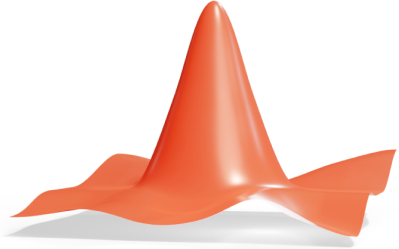
12th grade
Innhold
- Understanding vectors
- Represent and model with vector quantities.
- Solve problems involving velocity
- Adding vectors
- Represent and model with vector quantities.
- Finding the magnitude of a vector
- Subtracting vectors
- Multiplying a vector by a scalar
- Understanding scalar multiplication graphically
- Computing magnitude and direction
Innhold
- Define a random variable in a sample space
- Calculate the expected value of a random variable
- Probability distribution for a random variable
- Develop a probability distribution for a random variable
- Understand how to weigh the possible outcomes of a sample space
- Find the expected payoff of a game
- Use probability in everyday decisions
- Use probability in fair desicions
- Analyze decisions and strategies using probability concepts

AI
Hva kan jeg hjelpe deg med?
Beta












